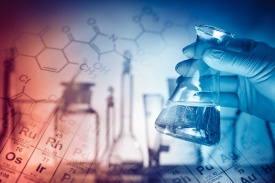iPS细胞, 或诱导多能干细胞, 是一种有潜力彻底改变再生医学的干细胞. 源自成体细胞, iPS 细胞可以被重新编程以表现得像胚胎干细胞, 为移植和组织修复提供潜在的无限细胞来源.
iPS细胞: 再生医学的一个有前途的工具
iPS 细胞技术在治疗多种疾病和损伤方面具有巨大前景. 通过将 iPS 细胞分化为特定的细胞类型, 研究人员有可能产生替代组织和器官来修复受损或患病的组织和器官. 这种方法可以为器官短缺提供解决方案,并为个体患者提供个性化治疗’ 基因构成.
iPS 细胞技术的潜力和挑战
虽然iPS细胞技术潜力巨大, 它还提出了一些挑战. 一个主要问题是肿瘤形成的风险, 因为 iPS 细胞可以保留残余的多能性并分化成不需要的细胞类型. 此外, iPS细胞重编程的效率可能较低, 这个过程可能既耗时又昂贵. 尽管面临这些挑战, 正在进行的研究旨在提高 iPS 细胞生成和分化的安全性和效率, 为临床转化铺平道路.
iPS 细胞技术代表了再生医学的一个有前途的前沿领域, 有可能彻底改变多种疾病和损伤的治疗. 尽管挑战依然存在, 正在进行的研究工作正在解决这些问题, 让我们更接近实现 iPS 细胞在临床应用中的全部潜力.




